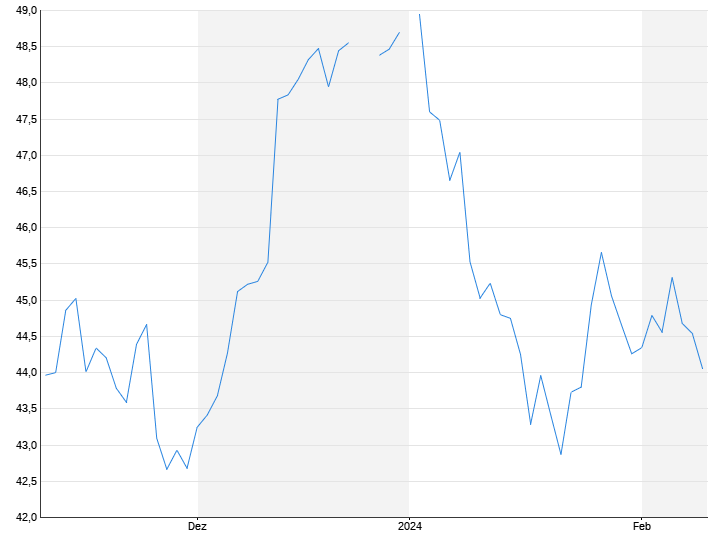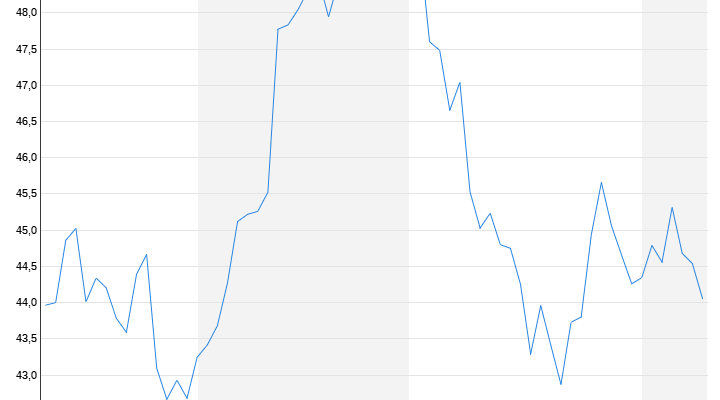“Incompatible with the values”
BASF sells shares in two China joint ventures
February 10, 2024, 7:10 a.m
There are numerous factories in the Chinese province of Xinjiang that supply multinational companies from the West. They are repeatedly confronted with accusations of supporting a system of forced labor and oppression in the region. BASF is now pulling the ripcord.
BASF draws conclusions from human rights allegations against the chemical company’s Chinese joint venture. The company will divest from its joint ventures in the Chinese Uyghur region of Xinjiang and thus completely withdraw from the area, BASF announced. Accordingly, the sale process for the shares in the two joint ventures Markor Chemical and Markor Meiou Chemical in Korla was initiated in the fourth quarter of 2023 for other reasons. The chemical company says this process will be “accelerated”. Recently published reports about the joint venture partner contained serious allegations “that indicate activities that are inconsistent with BASF’s values.”
BASF has a stake in the companies Markor Chemical Manufacturing and Markor Meiou Chemical, which produce 1,4-butanediol (BDO), in the city of Korla in Xinjiang. The chemical intermediate serves as a starting material for polyesters, polyamides and polyurethanes. In 2013, BASF signed agreements with Markor Chemical to establish the two joint ventures, in which the Ludwigshafen-based company holds around half. They started production in 2016.
Control and repression campaign
Last week, ZDF and “Spiegel” reported that Markor Chemical was significantly more involved in the system of oppression against the Muslim Uyghur minority than previously known. Accordingly, employees were involved in a campaign of control and repression by Chinese party cadres, as a result of which many Uyghurs were imprisoned.

BASF then stated that it was taking the information “very seriously” and that the company had previously had no knowledge of these activities. The chemical company also pointed out that the most recent reports referred to the partner companies of the two joint ventures and not to the companies themselves. BASF had no evidence “that employees of the two joint ventures in Korla were involved in human rights violations.” Portfolio manager Janne Werning from Union Investment explained: “We welcome the fact that BASF wants to withdraw from this controversial region. The issue of human rights violations is also very relevant for investors.”
Beijing rejects allegations
BASF’s presence in the People’s Republic will otherwise remain unchanged; the chemical company says it is “fully sticking to” its business activities and planned investments in China. BASF is currently building a new Verbund site in the Chinese province of Guangdong for up to ten billion dollars.
Xinjiang is home to numerous factories that supply multinational companies, including major Western brands. Volkswagen has also been confronted with allegations in the past that there was forced labor in its local factory. The carmaker said in December that an audit had found no evidence to support such claims. The US government has banned the import of goods made in whole or in part in Xinjiang. The government in Beijing rejects all allegations and claims that its actions in the Xinjiang region serve to combat extremism and promote better development.
